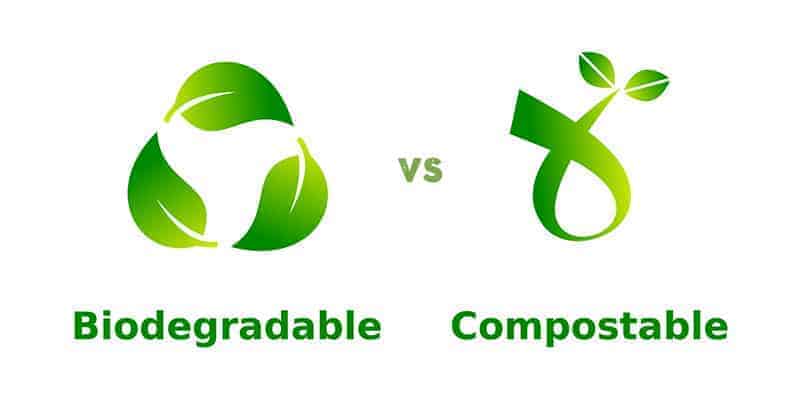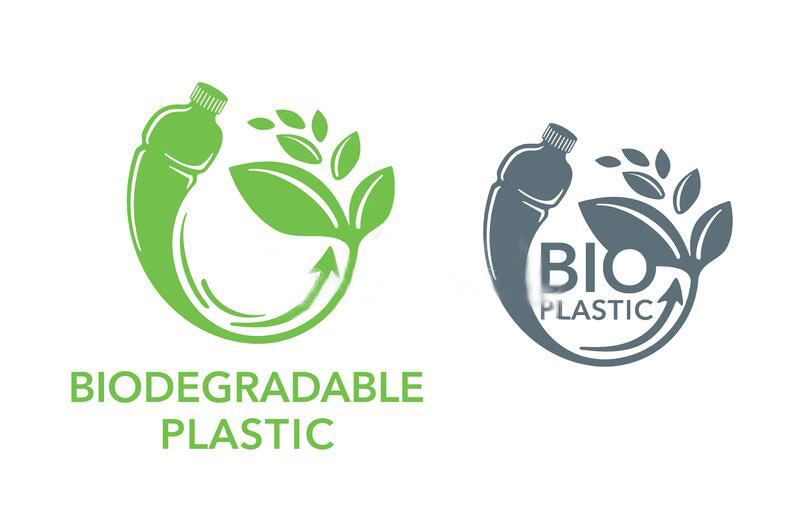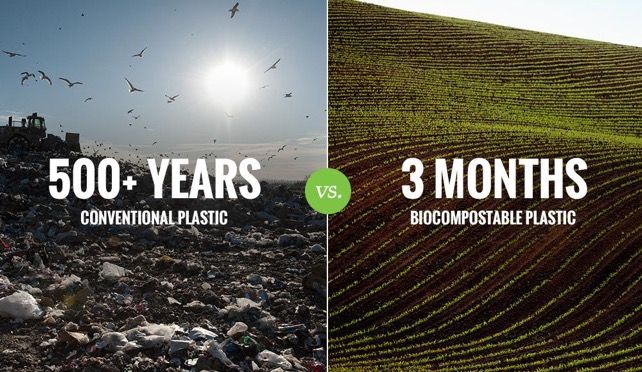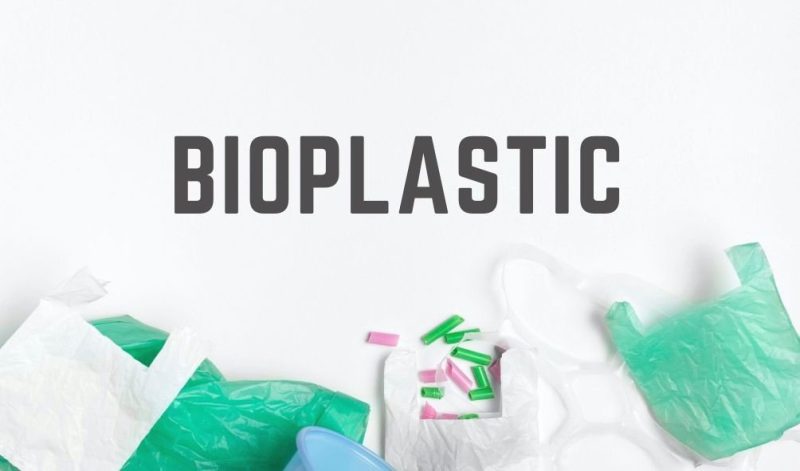The decomposition of eco-friendly containers depends on many factors
How fast do these alternative containers break down, and do they inhibit root growth? These are common questions when talking about biodegradable plant pots.. Decomposition of an ecofriendly container depends on many factors, the major ones being the type of container, the environment where it’s planted, and what type of plant is in it. Take, for instance, containers made of cow manure. Studies show up to 88% decomposition when annuals were planted in-ground with cow pots. The studies have been done predominantly in the Southeast, so high summer temperatures and regular rainfall have played an important role. The same studies concluded that plantable containers did not hinder plant establishment and post-transplant growth.

The question is open for longer growing cycles and other types of plants (like shrubs). Here, research is limited. If a crop is grown for a longer time, the container must be stronger to withstand the production conditions. This is why you often see these crops grown in compostable pots, which degrade at a slower rate. Initial research shows that if a stronger form of a plantable container is used, making four long cuts in the sides of the pot before planting is enough to encourage root growth.
For the best success—that is, a happy plant—the type of container should match the crop. V1 BIO has developed a biodegradable injection molded flower pot with good hardness and quality through years of hard work, the raw material is plant fiber, which comes from nature and will not pollute the environment and is friendly to the environment.
For more information about V1 BIO biodegradable injection molded planters, please contact us: www.v1biodegradable.com, chris@v-1.com





